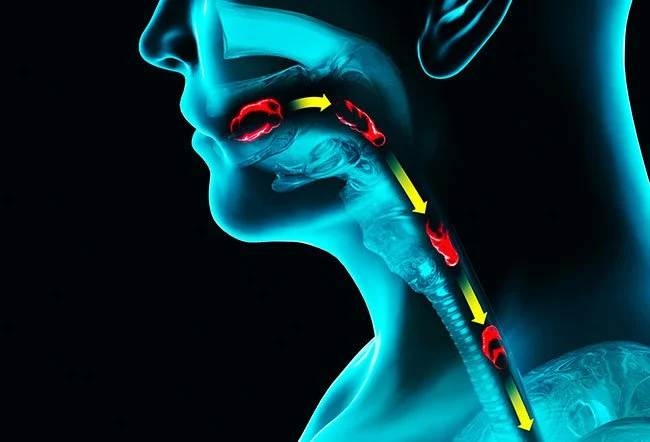
One of the most common mistakes anyone suffering from dysphagia can make is in thinking of it as a condition or a disease. Although it may present like a chronic illness, it is actually symptomatic of some underlying cause, and that’s the problem. The ultimate cause of dysphagia can lead to other symptoms if left undiagnosed. In order to understand just how important it is to get to the actual diagnosis, it might be good to understand exactly what dysphagia is and some of the leading causes.
Table of Contents
What Exactly Is Dysphagia?
The term “dysphagia” actually means difficulty in swallowing. This can be to various degrees. Sometimes it is manageable with soft foods but other times a more liquid type of diet is the only safe way to get nutrients. However, in some cases, liquids can be just as problematic as solid foods if they are aspirated due to the severity of dysphagia a person is suffering.
At times like that, when liquids present a danger of being aspirated, thickening agents like Simply Thick Honey can bring liquids to a pudding-like consistency that is safer to swallow. Simply Thick can be added to hot or cold liquids without altering the taste. This, then, is how you can treat the symptom, but what causes dysphagia?
The Most Common Causes of Dysphagia
As mentioned, dysphagia is symptomatic of some underlying illness, disease or even an injury. Being that it’s a difficulty in swallowing, what can cause that? Actually, there are several different diseases, such as cancer of the throat, larynx or even the esophagus. Cancer may cause the inability to swallow safely but often it is the treatment for cancers of the mouth and throat that do the damage. Radiation is definitely linked to scarring and/or swelling of the throat and of course, that can present problems when trying to swallow.
Other causes include neurological diseases or conditions such as:
- Stroke
- Parkinson’s disease
- Multiple sclerosis
- Brain tumors
And then there are congenital conditions that a person is born with. The two most common congenital conditions that are known to result in dysphagia includeCerebral palsy and cleft lip or cleft palate.
Whether neurological or congenital causes result in dysphagia, the treatments would be aimed at making it possible to swallow safely.
Common Treatments for Dysphagia
Treatments can include such things as a thickening agent as mentioned above or they can be surgical. Only a medical doctor can diagnose the ultimate cause and prescribe the most appropriate treatments, but if swallowing puts a person in immediate danger of aspirating, a thick ‘liquid’ diet should help until a doctor can be consulted. In fact, many doctors may even recommend an ongoing diet like that mentioned above.
The bottom line is that dysphagia is symptomatic of something else going on in the body and that is what needs to be diagnosed and treated. It is wonderful to be able to treat a swallowing disorder but there may be other symptoms that go unnoticed. Always get medical help the moment you realize that difficulty in swallowing isn’t a one-time event. That diagnosis is what you really need.















